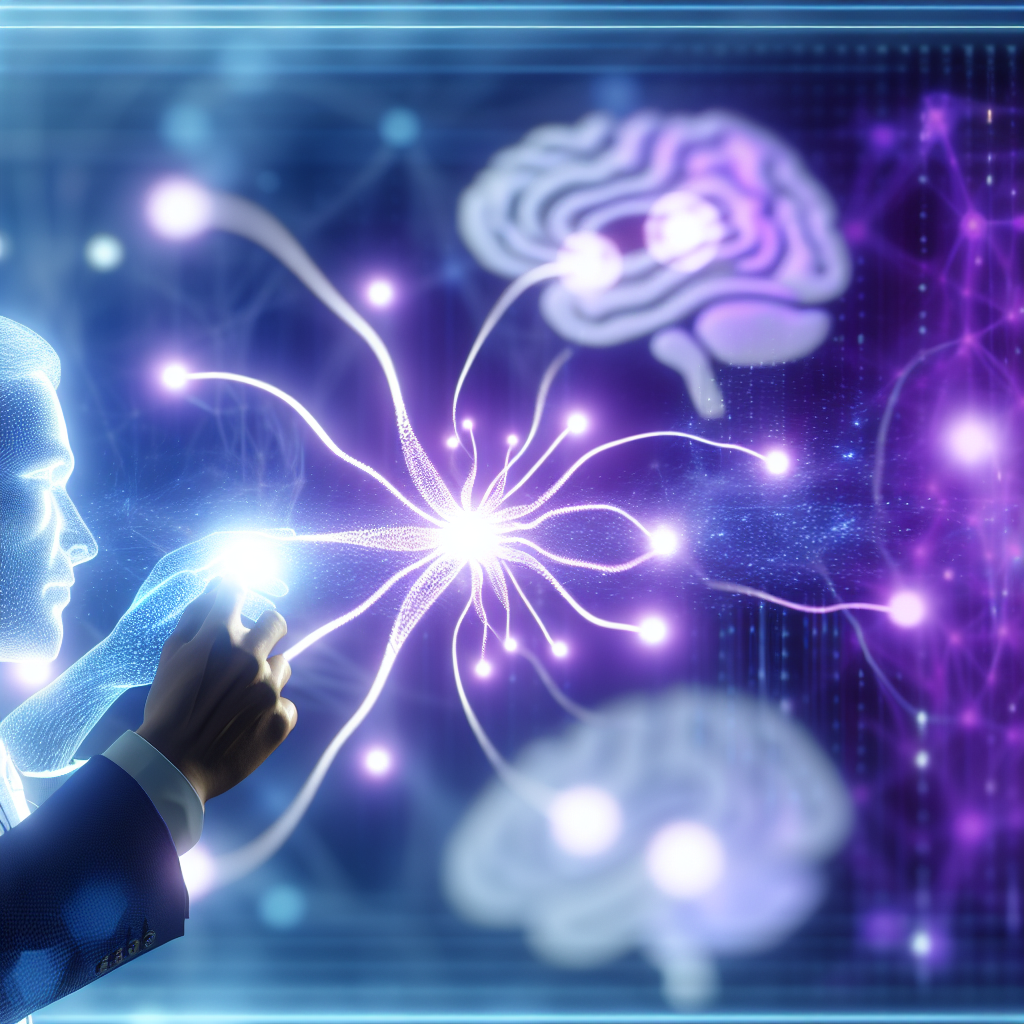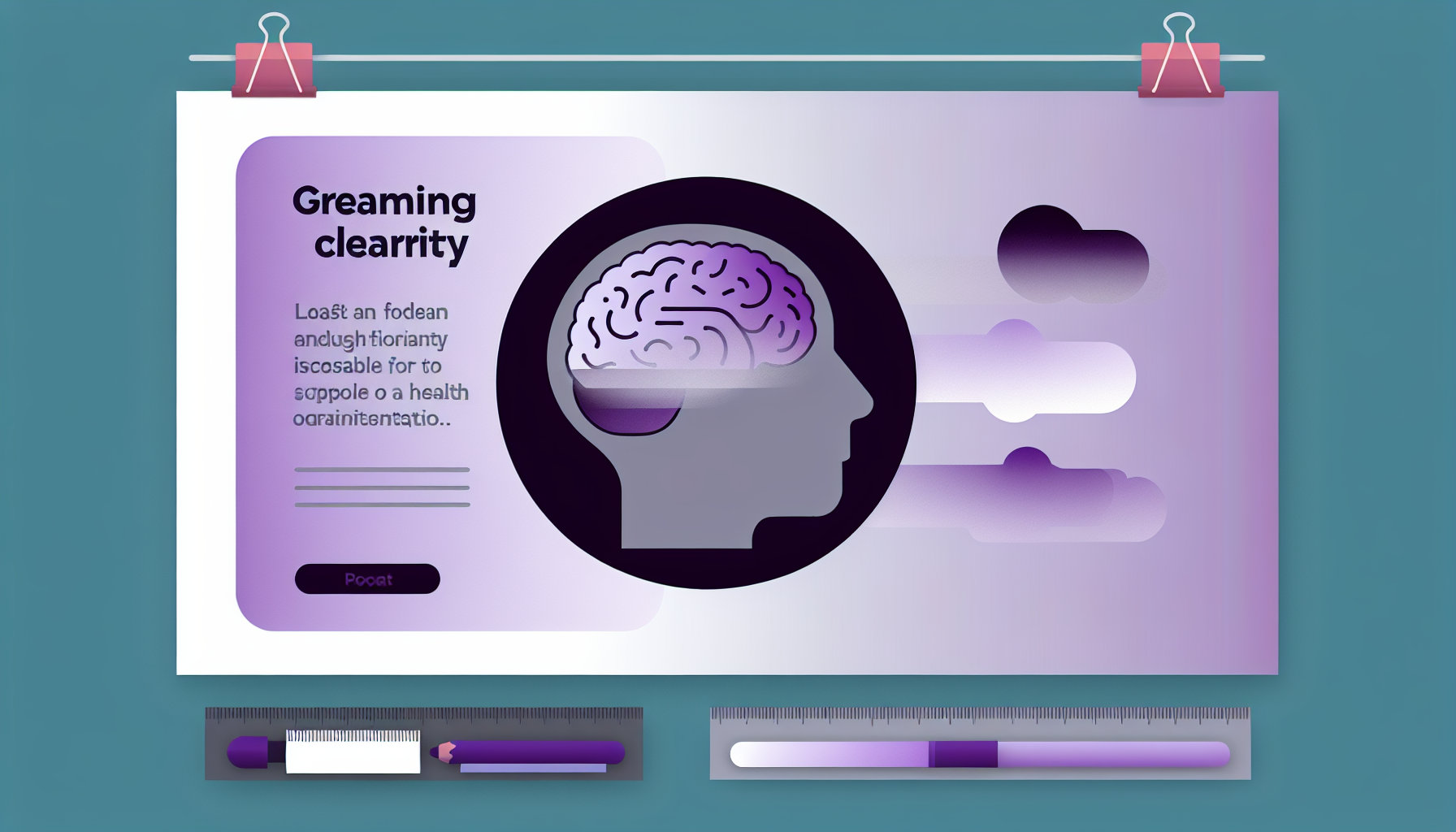Brain Fog: Evidence-Based Solutions for Mental Clarity
Struggling with mental fog, poor concentration, or cloudy thinking? Discover 8 science-backed strategies to clear brain fog and restore cognitive function based on 2025 research.
What is Brain Fog?
Brain fog is a symptom characterized by reduced mental clarity, difficulty concentrating, memory problems, and slowed cognitive processing. While not a medical diagnosis itself, brain fog indicates underlying physiological imbalances affecting brain function.
Key Characteristics:
- Mental fatigue and cloudiness despite adequate rest
- Difficulty focusing or maintaining attention
- Short-term memory problems (forgetting words, losing train of thought)
- Slowed information processing and decision-making
- Feeling mentally exhausted or overwhelmed by simple tasks
Science-Backed Causes of Brain Fog

How to Clear Brain Fog Naturally
Based on peer-reviewed research from 2015-2025, these evidence-based strategies address the root causes of brain fog:
- 1.Target 7-8 hours nightly with consistent sleep/wake times (±30 min)
- 2.Sleep on your side (lateral position) to enhance glymphatic clearance
- 3.Maintain bedroom temperature at 60-67°F (15-19°C)
- 4.Get 10-30 minutes bright light exposure within 1 hour of waking
- 5.No caffeine after 2 PM (5-6 hour half-life)
- 1.Mediterranean diet pattern with extra virgin olive oil
- 2.2-3 cups green tea daily (EGCG reduces HMGB1, IC50 <1μM)
- 3.1-2 cups berries daily (quercetin-rich: blueberries, cranberries)
- 4.Fatty fish 2x weekly (omega-3 reduces neuroinflammation)
- 5.Turmeric with black pepper (curcumin + piperine for bioavailability)
- 1.Resistance training 2-3x weekly at 70-80% 1RM (highest probability for cognitive improvement)
- 2.300-600 min/week moderate aerobic exercise OR 150-300 min vigorous
- 3.Morning exercise preferred for enhanced alertness
- 4.Include HIIT 2x weekly for rapid cognitive benefits
- 1.Eat protein with every meal (20-30g per meal)
- 2.Choose low glycemic index carbohydrates
- 3.Avoid refined sugars and processed carbohydrates
- 4.Time-restricted eating (16:8 intermittent fasting)
- 5.Consider continuous glucose monitoring to identify triggers
- 1.Drink 8-10 glasses (2-2.5L) water daily
- 2.Front-load hydration in morning and afternoon
- 3.Add electrolytes if exercising heavily (sodium, potassium, magnesium)
- 4.Reduce evening fluid intake to avoid sleep disruption
- 1.Daily meditation or mindfulness practice (10-20 minutes)
- 2.Breathing exercises: 4-7-8 technique before bed
- 3.Regular nature exposure (20+ minutes daily)
- 4.Limit chronic stressors and practice time management
Supplements for Brain Fog (Evidence Review)
These supplements have peer-reviewed evidence for reducing neuroinflammation and improving cognitive function:
Evidence:
Reduces neuroinflammation via HMGB1/TLR4/NF-κB pathway
Safety Profile:
Excellent - consult physician if >3g/day
Evidence:
IC50 <1μM for HMGB1 inhibition, neuroprotective
Safety Profile:
Good - monitor liver function with high doses
Evidence:
Reduces neuroinflammation, crosses blood-brain barrier
Safety Profile:
Excellent - piperine enhances bioavailability 20x
Evidence:
Blocks HMGB1/NF-κB pathway, antioxidant
Safety Profile:
Excellent - safe up to 1g/day for 12 weeks
Always consult with a healthcare provider before starting supplements, especially if you're taking medications or have existing health conditions. Quality varies significantly between brands—choose third-party tested products.
When to See a Doctor About Brain Fog
- Sudden onset of severe brain fog
- Brain fog accompanied by fever, confusion, or severe headache
- Progressive cognitive decline over weeks/months
- Difficulty with basic daily tasks
- Memory loss affecting safety (forgetting stove, getting lost)
- Brain fog after head injury
- Symptoms of depression or anxiety
Frequently Asked Questions
Timeline varies based on the underlying cause. Dehydration-related brain fog can improve within hours, while sleep optimization typically shows results within 2-4 weeks. Inflammation-driven brain fog may require 4-8 weeks of dietary changes. Most people notice improvement within 2-6 weeks of consistent lifestyle interventions.
Brain fog is typically reversible when addressing underlying causes. However, chronic untreated conditions (sleep disorders, severe inflammation, metabolic dysfunction) can lead to structural brain changes. Early intervention is crucial for optimal outcomes.
Evidence-based brain-supporting foods include: fatty fish (omega-3s), berries (quercetin and antioxidants), green tea (EGCG), turmeric (curcumin), extra virgin olive oil, leafy greens, nuts, and whole grains. The Mediterranean diet pattern shows the strongest research support.
Brain fog alone is not dementia. However, chronic sleep disorders increase dementia risk (HR 1.45 for Alzheimer's), and persistent cognitive decline warrants medical evaluation. Key difference: brain fog is typically intermittent and reversible, while dementia involves progressive functional decline.
Start Your Brain Fog Recovery Today
Based on the research above, these proven interventions address the root causes of brain fog:
The Bottom Line
Brain fog is a reversible symptom caused by underlying physiological imbalances including sleep deprivation, inflammation (elevated HMGB1), metabolic dysfunction, and lifestyle factors. The most effective interventions target root causes:
- Sleep optimization (7-8 hours, consistent timing, lateral position) enhances glymphatic clearance
- Anti-inflammatory diet (Mediterranean pattern, green tea, berries) reduces HMGB1 and neuroinflammation
- Resistance training (2-3x weekly at 70-80% 1RM) shows largest effect size for cognition (SMD 1.05)
- Blood sugar stabilization ensures consistent brain energy availability
Most individuals experience noticeable improvement within 2-6 weeks of consistent implementation. If brain fog persists despite lifestyle interventions, or if accompanied by red flag symptoms, consult a healthcare provider for comprehensive evaluation.
